Jun 30, 2013-2013
Egypt
“Who Would Accept?” Banner
Share
ACTIVISTS/ACT.GROUPS/DESCRIPTION OF THE GROUP
Egyptian women
TARGET
Egyptian military govt.
WIDELY HELD BELIEF
Govt. should own the responsibilities of economic distress of its people and step down.
CASE NARRATIVE
Issue and Opposition: The establishment of a military government in Egypt in 2013 led to socio-economic and political instability. People were so afraid of the state violence and oppression under the new government that they abstained from expressing dissent and protesting against the regime. A group of 10 Egyptian women organized a dilemma action to protest against the excesses of the military government and the terrible economic condition the country had fallen into. Although the target of this dilemma action was the military government in Egypt, the action was designed to make the public aware of various social, economic, and political problems Egypt was going through under the new regime.
Dilemma Action: The protesters (all women) gathered in public places and carried banners with different hashtags such as #whowouldaccept followed by the description of the issue such as “ high price of gas” and “unemployment”. Different issues that the protesters tried to draw the world’s attention to included gas prices, food and energy insecurity, water scarcity, dirty streets, and poverty. Since most of these problems emerged due to incompetence and corrupt practices within the regime, the protesters were indirectly protesting against the political condition of Egypt. Egypt had seen many violent protests against the military government but the hashtag protest was designed as a non-confrontational and peaceful action. The protesters gathered twice every week over six months.
The hashtag protest was part of a larger campaign against the military government in Egypt.
Outcome: This dilemma action became popular on social media and attracted international media attention. Despite the state emergency, women protesters gathered in public places and continued protesting with the hashtag banners at the risk of being arrested by the military police. While the action managed to get the world’s attention through social media, within Egypt, it achieved little success in terms of gaining concessions or regime change. The protesters received threats from law enforcement officers but no arrests were made. Moreover, the public reaction to the hashtag protest was mixed. Domestic and state-run media portrayed the protesters as traitors promoting the interests of the United States, Turkey, and Qatar. This created misunderstanding about the protesters among the public, therefore clearly dividing the society into two factions. The protesters continued for six months and ended the protest when the Egyptian police descended on the public grounds where the women had gathered.
PRIMARY STRUGGLE/GOAL
NONVIOLENT TACTICS USED
DA TACTICS USED
Banners/posters/displayed communications
CASE NARRATIVE WRITER
SUCCESS METRICS
9 / 12
(CONC) Concessions were made
(MC) Media Coverage
(MSYMP) Media coverage was sympathetic to the activists
(OR) Opponent response
(PS) Dilemma action built sympathy with the public
(PUN) Punishment favored the activists
(REFR) Dilemma action reframed the narrative of the opponent
(RF) Dilemma action reduced fear and/or apathy among the activists
(SA) Dilemma action appealed to a broad segment of the public
PART OF A LARGER CAMPAIGN
2 / 3
Encouraged more participants to join the movement
Internally replicated by the same movement
RESOURCES
Project documentation
Dilemma Actions Coding Guidebook
Case study documentation
Dilemma_Actions_Analysis_Dataset
SOURCES
Beautiful Trouble. 2013. “Who Would Accept,” Retrieved July 23, 2023. (https://beautifultrouble.org/toolbox/tool/who-would-accept-).
https://www.nytimes.com/2014/world/middleeast/egypt.html. Accessed April 15, 2022.
Kingsley, Patrick. 2013. “Egypt’s armed forces chief warns unrest could cause collapse of state,” The Guardian. Retrieved July 23, 2023. (https://www.theguardian.com/world/2013/jan/29/egypt-armed-forces-chief-warns-collapse).
https://www.washingtonpost.com/news/worldviews/wp/2013/07/01/heres-the-egyptian-militarys-full-state48-hours/. Accessed April 15, 2022.
Related cases
Jun 30, 2021-2021
Eswatini
Eswatini has an absolute monarchy and has been under the rule of King Mswati III since 1986. The ruling monarchy did not want political parties and banned them in 1973...
/
Jun 1, 2014-2014
Turkey
Opponents accuse Turkish Prime Minister Tayyip Erdogan’s government of ruling in an increasingly authoritarian manner and meddling in people’s private live...
/
Jun 1, 2011-2011
Online
A new study proved the correlation between childhood asthma and coal.
Dilemma Action: While expecting that the new study would lead to no response from the coal ...
/
Subscribe to our newsletters to get full access to all materials on our website.

